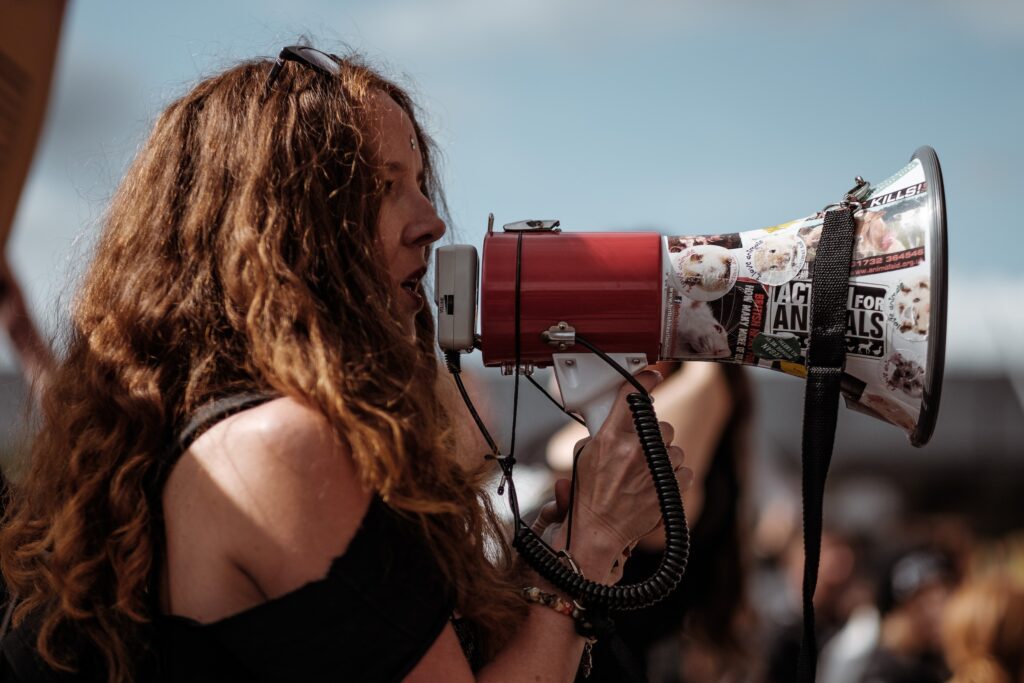The Fight For Equality: 4 Activities Women Were Excluded From
Throughout history, women have faced countless restrictions and prohibitions, limiting their roles and opportunities in society. While progress has been made in recent decades towards gender equality, it’s essential to reflect on the past to appreciate the strides made. Here are four things women used to be banned from doing.

Voting: For much of history, women were denied the fundamental right to vote. The momentum for women’s suffrage movements didn’t truly pick up until the late 19th and early 20th centuries. While the United States ratified the 19th Amendment in 1920, granting women the right to vote, this battle persisted in numerous regions around the world throughout the 20th century.
Higher Education: Frequently, women encountered barriers when seeking higher education, as numerous universities and colleges maintained a strict policy of exclusivity for males. However, determined women like Emily Davies and Mary Lyon established institutions specifically for women’s education, paving the way for future generations of female scholars. Today, women excel in various academic fields and occupy prominent positions in academia.
Working in Certain Professions: Women were traditionally excluded from certain professions, particularly those considered “men’s work.” For example, they faced significant barriers in medicine, law, and engineering. The persistence of pioneering women, such as Elizabeth Blackwell (the first female doctor in the United States) and Belva Lockwood (the first woman to argue a case before the U.S. Supreme Court), challenged these restrictions, ultimately opening doors for women in diverse careers.

Participating in Sports: Women’s participation in sports was limited for centuries. They were often discouraged or banned from engaging in competitive sports due to concerns about their physical abilities or the belief that such activities were not “ladylike.” The advent of the modern Olympic Games in 1896 marked a turning point, and women’s involvement in sports has since grown exponentially, culminating in the inclusion of various women’s events in the Olympics.
Although these bans and restrictions belong to the past, they stand as a testament to the tenacity and resolve of women who championed their rights and dared to challenge prevailing societal norms.
